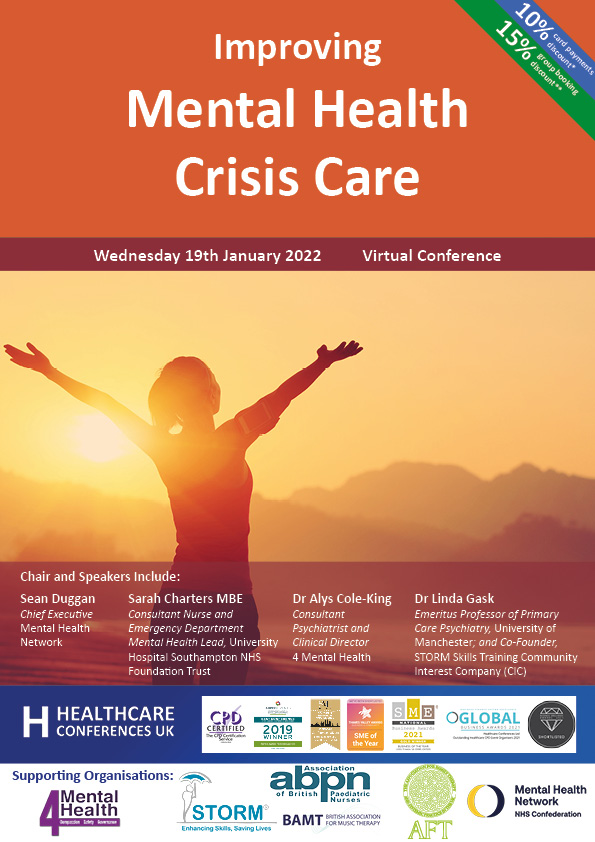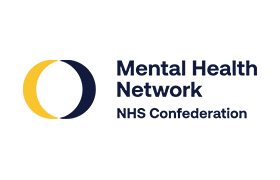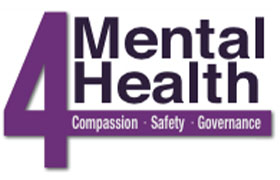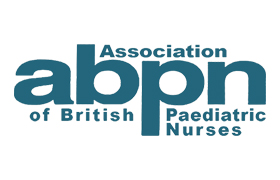Follow the conference on Twitter #MHCrisis
Find out more about virtual attendance
The NHS has recently proposed the introduction of five new waiting time guarantees. The proposals could ensure that patients requiring urgent care will be seen by community mental health crisis teams within 24 hours of referral, with the most urgent getting help within four hours. Mental health liaison services for those who end up in A&E departments would also be rolled out to remaining sites across the country.
The proposed new standards include • For an ‘urgent’ referral to a community based mental health crisis service, a patient should be seen within 24 hours from referral, across all ages; • For a ‘very urgent’ referral to a community based mental health crisis service, a patient should be seen within four hours from referral, for all age groups; • Patients referred from Accident and Emergency should be seen face to face within one hour, by mental health liaison or children and young people‘s equivalent service;
This national conference focuses on ensuring best practice in mental health crisis services and delivering effective access during and beyond the Covid-19 pandemic. The conference takes a practical case study based approach to improving services and outcomes for people with mental health conditions reaching crisis point, and will also examine meeting demand and how currently stretched services can meet the new NHS access standards. The day will focus on improving services for mental health crisis care, through learning from organisations that have succeeded in addressing the challenge of improving access and delivering an effective mental health crisis pathway.
“We know that many more people have experienced mental health crisis since the start of the pandemic, including some with no previous experience of mental health problems. This incredibly testing time has particularly impacted the mental health of certain groups including young people, people of colour and those living in deprivation.....It is good to see the NHS speeding up its plans to ensure that when people reach this point, the right help is available quickly, across the country. We want to continue to see the NHS offering a range of treatment to people with mental health problems, including face to face appointments, as well as support early on, so that fewer people experience the distress of reaching crisis point.”
“Far too many people aren’t getting the support they need and are ending up in crisis.”
“People faced barriers in accessing help at a time of crisis”
“ It is vital that we transform mental health crisis care”
This conference will enable you to:
- Network with colleagues working to improve outcomes and access to effective mental health crisis care
- Reflect on the lived experience of mental health crisis
- Understand the impact of the Covid-19 pandemic and how we can ensure access to mental health crisis service
- Update your knowledge on national developments including the development of new national access standards for mental health crisis services, and Mental Health Act Reform
- Examine the new NHS Access Standards and how Mental Health Crisis Services under pressure can meet these standards
- Understand how you can support people in crisis to access crisis care services with speed and ease
- Developing your skills in crisis prevention and care planning
- Ensuring all people experiencing mental health crisis have access to a home treatment service 24/7
- Understand and ensure equality in accessing crisis services, with a focus on older populations
- Develop the use of Crisis Centres and peer support
- Support people to develop effective crisis plans
- Identify key strategies for supporting recovery and preventing relapse
- Reflect on how you can provide high quality crisis services in the Emergency Department
- Understand how to evaluate and assess your crisis service
- Self assess and reflect on your own practice
100% of delegates who attended our January conference would recommend it to a colleague
100% of delegates who attended our January conference said it would have positive impact on patient care











